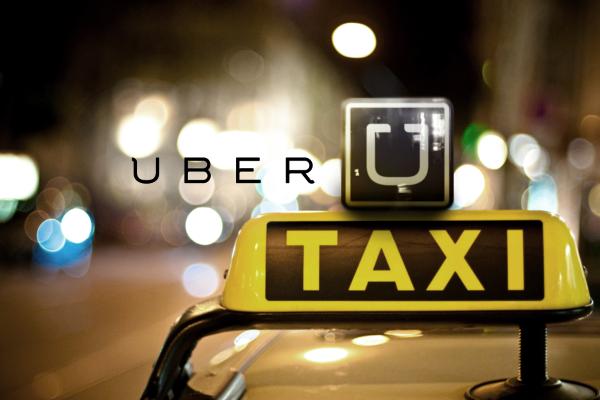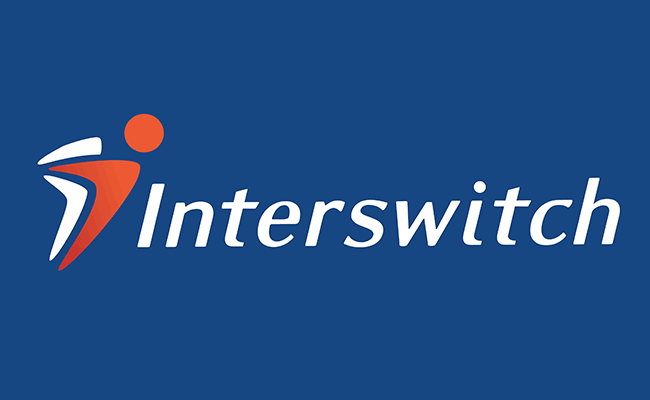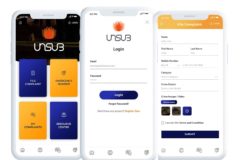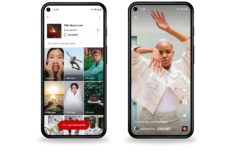
There are now more than three million businesses actively advertising on Facebook. Majority of these, about 70%, are based outside the US. The social network is popular with small businesses, with approximately 50 million micro, small and medium-sized enterprises using Facebook’s free Pages product to promote their brands and connect with customers.
To celebrate this milestone, Facebook has announced the creation of Your Business Story, a new tool with which businesses can upload their photos from their Page, overlay with music and share what they are in the business of doing.
More than one billion people on Facebook are connected to at least one business online.
Jay Osbie Clothing, an online brand and retailer for men, is one such business. They offer a range of styles, from casual to traditional wear, targeted at the modern Nigerian man.
“Facebook is significantly cheaper than other channels” says Jay, who started the business in Nov 2104. “So far our page has almost 7,000 likes, and all the clothes we sell are our own brand.”
Another such business is Girly Essentials, founded by Chinma Nwaozuzu as a one-stop shop for affordable and unique women’s products. Chinma started the business Facebook page in 2012 in order to build a community around her brand.
Chinma then started using the page to sell her merchandise online in 2013. The page now has cover 200,000 likes.
“While it looks like there’s a large team working on the page, it’s only me and another person”, she explains. “It’s that easy with Pages.”
Advertising on Facebook is part of a larger trend towards social advertising. Small businesses can use social media to attract customers based on recommendations and customer feedback. They can also buy ads, boosting the reach of their businesses beyond what they could otherwise afford offline.
Jay Osbie recently ran such an ad, receiving 14,000 clicks, for which he paid $260 at a rate of $0.02 per click. That is the equivalent of running a large print ad campaign at a fraction of the cost.
Businesses can use their pages as virtual showrooms to showcase their products. They can also integrate links to where interested customers can buy the products.They can build communities around their brands and engage users directly, enabling them to grow their user base.
“When you build a community around your product”, Chinma adds, people can relate with it and they are more likely to listen to what you have to say as you gain their trust”.
Photo Credit: The one place for all businesses! via Compfight cc




















